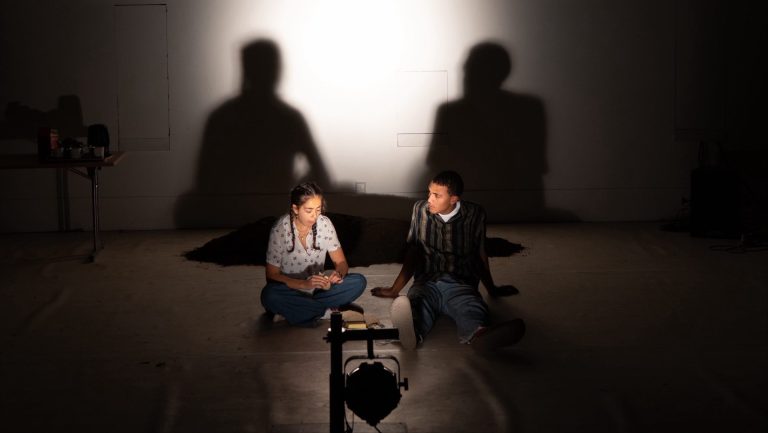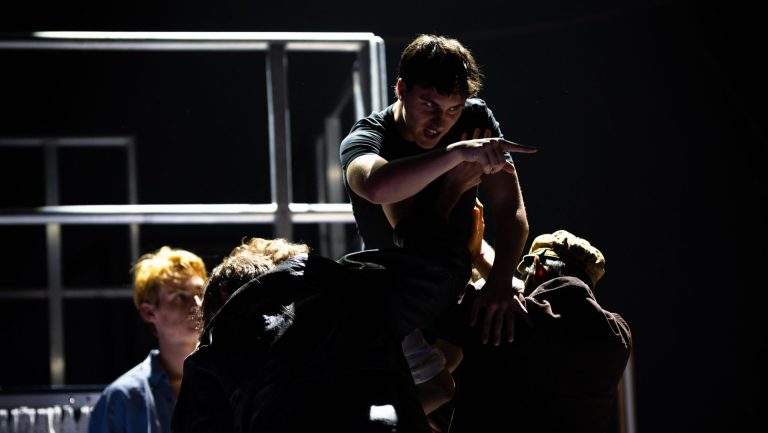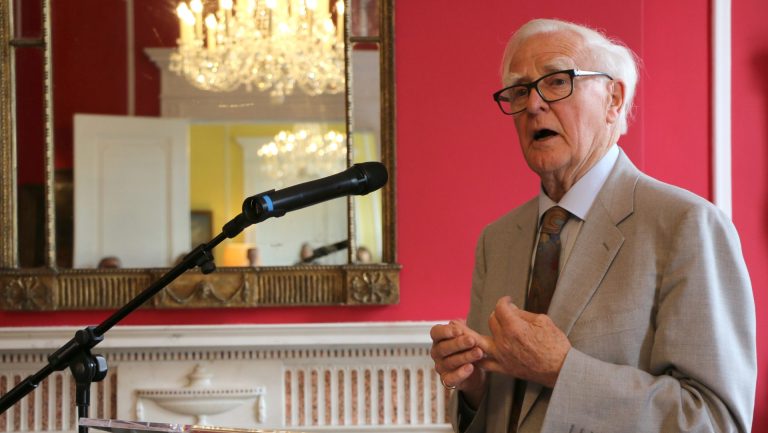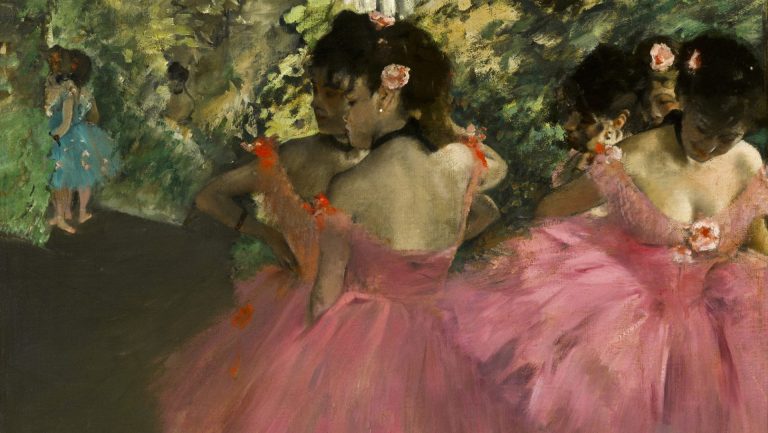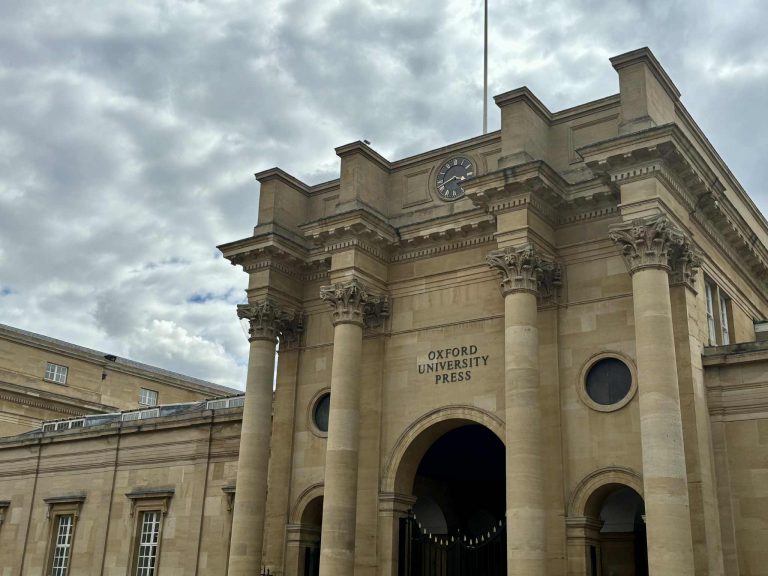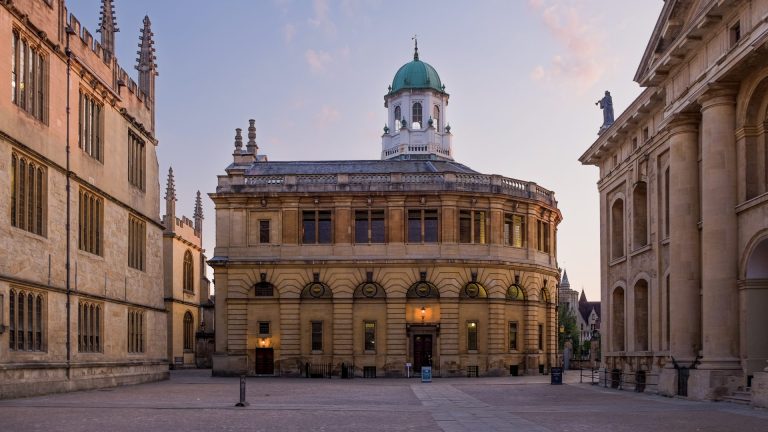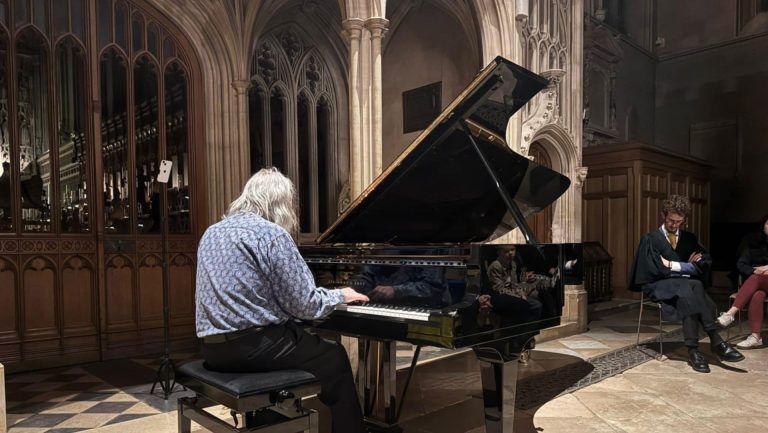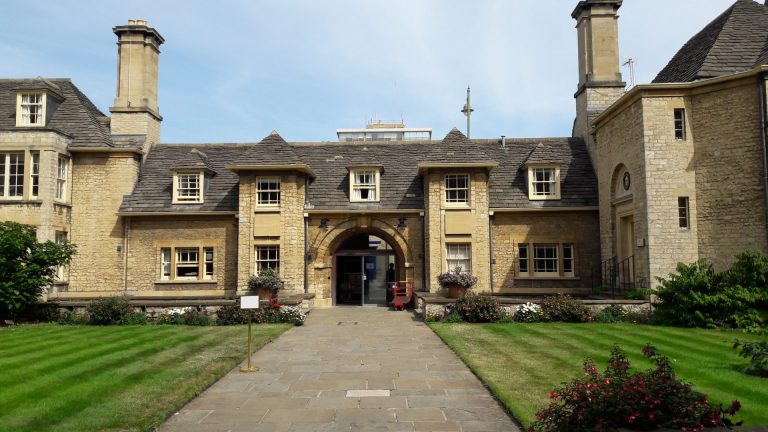As political and financial pressures mount across American higher education , a quiet migration is underway. A growing number of US academics are relocating elsewhere, and Oxford, with its collegiate community, institutional stability, and research reputation, stands to benefit considerably. Is it doing enough to draw in this new talent?
The current crisis
Amid funding cuts and political interference, US universities have seen a rising number of scholars – particularly in the humanities and social sciences – seeking positions abroad.
One of these academics is Luke Jennings, now a DPhil candidate in Ancient Philosophy at Somerville College, who began his postgraduate journey in the United States. After studying at Bard College and Tufts University, he completed a Master’s in Ancient Philosophy at Oxford. Later, he started a PhD at the University of California, San Diego, before deciding to return to Oxford to complete his doctoral work.
Initially, Jennings’ move was motivated by intellectual rather than political reasons. “I came to the MSt because Oxford is a centre for ancient philosophy”, he said. “At my previous institution, there wasn’t a lot of opportunity to study ancient philosophy specifically.”
Yet his later decision to leave the US was shaped by growing unease about the direction of American academia. “It wasn’t originally motivated by political concerns”, he explained, “but as things changed at the beginning of the Trump administration, there were a number of very visible changes…There’s concern about what academia in the US is going to look like in the next couple of years, and a lot of uncertainty.”
Jennings described friends who had begun taking precautionary steps – some deleting social media accounts or preparing to move departments – amid fears over research scrutiny and visa insecurity.
“It does kind of feel like you’re a frog in a boiling pot of water”, he said. “And then it’s a question of, well, when do you jump? A lot of people have different thresholds for that kind of thing. But the peace of mind that would come from moving to a place which isn’t as clearly teetering in a politically alarming direction would be appealing for a lot of people.”
For Oxford, the turbulence in the US has created an opening. I spoke to Professor Dale Dorsey, formerly the Dean’s Professor and Chair of Philosophy at the University of Kansas, who joined Somerville College earlier this year. He noted that European universities could strategically capitalise on the American system’s instability.“If UK universities and European universities were to get their act together, this sort of upheaval of American universities presents them with an extraordinary opportunity to hire and retain some of the best minds in every field”, he said. “If they were to make a concerted effort to recruit the best minds…it would not be so difficult to do so at this point in time. It’s just the question of political will.”
He suggested that the British government’s recent efforts are positive steps, though more could be done. The Global Talent Visa scheme allows leaders in their respective fields to work in the UK for five years and the UK Research Innovation’s “Horizon Europe” provides funding for innovation in key areas like climate change and food security, or research of a groundbreaking nature. “There is low-hanging fruit”, Dorsey said, “and they just have to reach up and pick it”. Still, the current steps are geared either to the entire world, or to Europe. There are few initiatives directly targeted at US academics looking to relocate.
Dorsey suggested that the government and universities could “put together a fund…and get the top 100 minds from the US that are looking to move”, a vision that would require coordination among the Home Office, the research councils, and university development offices.
For Oxford specifically, the challenge lies in converting individual hires into a coherent institutional strategy. The University already benefits from global reputation, but could go further. This could be done by expanding visa-cost reimbursement to all academic hires, partnering with UKRI to create targeted fellowships for scholars relocating from the US, and further reporting staff nationality data to demonstrate transparency and institutional commitment to international recruitment.
These measures would turn a reactive opportunity into deliberate policy, ensuring that the influx of talent strengthens Oxford’s long-term research base rather than remaining a temporary by-product of foreign instability.
The long-term picture
Aside from the short-term political impetus, there is a deeper difference between the UK and the US driving some academics to relocate. Professor Dorsey was one such academic, For him, the contrast between university governance in the United States and at Oxford was immediate and striking.
“What has happened in the US is that the administrators have grown in size not commensurate with the size of the faculty”, he explained. “They’ve started to determine things that have always been in the faculty’s purview, and the notion that there is shared governance between faculty and administrators isn’t really true.”
By contrast, Dorsey said, Oxford’s decision-making remains notably democratic. “Every major decision has to go before the governing body”, he said. “Every member of the faculty has a say in what happens to the University. If you have an idea, that’s not something to just be ignored, but something that we can deliberate about and think about. That’s such a freeing feeling.”
While governance was not the sole reason for his move, Dorsey described the experience of joining Oxford as unexpectedly revitalising. “It’s helped me become more invested in the place”, he added. “This is a community where I want to be and do work.”
This sense of community is not incidental, but structurally embedded in Oxford’s collegiate system. Oxford’s colleges serve as both academic and social anchors. New academic staff become members of a college and a university department, with plenty of ways to meet new people from different areas. This stands in stark contrast to most American universities, where departments function as relatively independent administrative units.
This can be seen also with the University’s pay policy, where salaries are split proportionally according to duties to the college and to the department. This dual structure fosters cross-disciplinary interaction and a shared sense of identity that many US academics may find unfamiliar. As Dorsey observed, it creates an environment where “every member of the faculty has a say” – a sharp departure from the hierarchical, administrator-dominated governance that characterises much of American academia.
Oxford’s intellectual pull also remains a major factor. Jennings emphasised that the University offers unique intellectual conditions. “As far as ancient philosophy is concerned, I just have a wealth of opportunities to do certain things here”, he said. “Oxford has something like eight faculty members working in different areas of ancient philosophy.”
Additionally, the collegiate system remains a strong pull factor. For incoming academics, it offers more than just employment. Fellows get access to membership in an interdisciplinary community, where they are able to have conversations with faculty across departments, whether that’s in the dining hall or in the Senior Common Room. Not every academic will be a fellow. New postgraduates, particularly DPhil students, face high teaching workloads for little reward. But the collegiate system may help ensure that they have resources and other staff members they can consult for advice. In this respect, Oxford’s culture of academic intimacy and autonomy serves as a direct counterpoint to the bureaucratic alienation many American academics describe.
The density of expertise, combined with the collegiate system, gives Oxford an edge in attracting postgraduate talent. The Higher Education Statistics Agency (HESA) reports that non-UK and non-EU nationals now make up 18% of all university staff across Britain – a record high. While the number of Americans hasn’t been broken down, it’s likely that their numbers are rising as well. In Oxford specifically, around 17% of staff are non-UK, non-EU nationals, according to figures published by the University’s HR Analytics Team. Notably, that number rises to 20% in the social sciences and 23% in Maths, Physical, & Life Sciences
Impacts on global academia
The presence of more US-trained academics could have visible effects on Oxford’s teaching and postgraduate environment. For Oxford students, this convergence of systems could enrich tutorials with new methodological perspectives. From an institutional viewpoint, the arrival of more international scholars can further enrich the Oxford system.
Oxford can benefit from US-based research grants and networks being ‘transplanted’ into Oxford, thereby strengthening bilateral collaboration. At the moment, exchange programs demonstrate the value the University already draws from bilateral collaboration, particularly at undergraduate level. The Williams-Exeter program offers undergraduates a chance to study at Exeter College for a year, while the Stanford in Oxford programme provides exchanges with Brasenose College. Globally, the Rhodes Scholarship highlights the importance of this collaboration, funding postgraduate study at Oxford for international scholars. The fact that prominent US scholars consider Oxford a viable option bolsters its pull to global talent, reinforcing Oxford’s position in the ‘global talent’ marketplace.
However, the implications are not wholly benign or straightforward. Oxford’s systems of promotion, teaching loads and fellowship structure differ significantly from US norms. Further, differences in the college and tutorial systems may hinder US-based academics’ integration into Oxford. What’s more, Oxford does already draw heavily on international talent. It is not guaranteed that the institutions will be able to absorb more academics, and the need to pay more staff members, without existing imbalances in teaching, funding, and infrastructure being exacerbated.
And, of course, both academics note that this will also depend heavily on funding. “Funding is a very difficult thing to come by”, Jennings said. “As a DPhil student, I’m fully funded, but that’s not the case for many. If the UK has funds, I think it would be great – for the health of the profession.”
It is vital to recognise that while Oxford may benefit from US-academic ‘exports’, the phenomenon is contingent and fragile. Several structural difficulties are worth mentioning.
Although a global academic workforce may be desirable for different perspectives and bilateral collaboration, visa regimes and immigration policy complicate the reality. One briefing from the Migration Observatory shows that while large numbers of non-EU study-visa arrivals remain, transitions to long-term stay have only recently increased. If visa uncertainty dissuades scholars, the pipeline may narrow.
It’s further worth noting the UK’s visa and immigration system, notably the Global Talent and Skilled Worker routes, remains expensive and administratively burdensome. “It was wildly expensive for the NHS surcharge”, Dorsey admitted, “but apart from that, the visa process was much smoother than I expected it to be. The people at Oxford really helped.”
But integration into Oxford life is not uniform. While many colleges offer structured induction programmes, relocation support, and mentoring, there is no standardised or University-wide framework. Some colleges provide housing assistance, spousal employment advice, or childcare guidance, whereas others rely on informal mentorship networks. The variability reflects the autonomy of individual colleges within the wider University structure. This system offers flexibility but can leave newcomers navigating complex administrative layers.
Additionally, colleges also vary in how much funding they provide for relocation and other related fees. Combined with Oxford’s higher living costs and lower average salaries relative to elite American institutions, these factors could constrain the University’s ability to retain transatlantic talent long-term.
More importantly, the UK now has to compete with other global academic powers to court US talent. Other countries, such as Germany and Canada, are also actively recruiting global scholars. Aix-Marseille University offers “scientific asylum” for US-based academics, the Vrije Universiteit Brussel opened 12 new postdoctoral positions with a focus on America, and The European Research Council, the bloc’s funding arm for fundamental research, announced this past spring it would double the additional amount available for researchers who wanted to relocate from the U.S. from €1 million to €2 million. Oxford and the UK must therefore remain nimble. According to a Wonkhe article, “every day of delay risks ceding ground to these rivals”.
Neither academic I spoke to expressed an intention to return to the United States soon. Dorsey was unambiguous: “I don’t really see any need to move on from Oxford”, he said. “I’m perfectly happy to stay here as long as I can – as long as they’ll let me.”
Yet both acknowledged that no system is immune to political risk. “With Nigel Farage and certain developments in the UK too”, Jennings noted, “there’s the question of whether there really is a best place.”
Still, for now, Oxford appears to be a beneficiary of a shifting academic order. The same political uncertainty that has made life difficult for scholars in the US could further reinforce the allure of the British model.
Whether this becomes a long-term trend or merely a momentary reaction will depend on the ability of British universities to sustain openness, funding, and institutional autonomy. As Dorsey put it: “This upheaval presents an opportunity.” The question, then, is whether Oxford will seize it.


